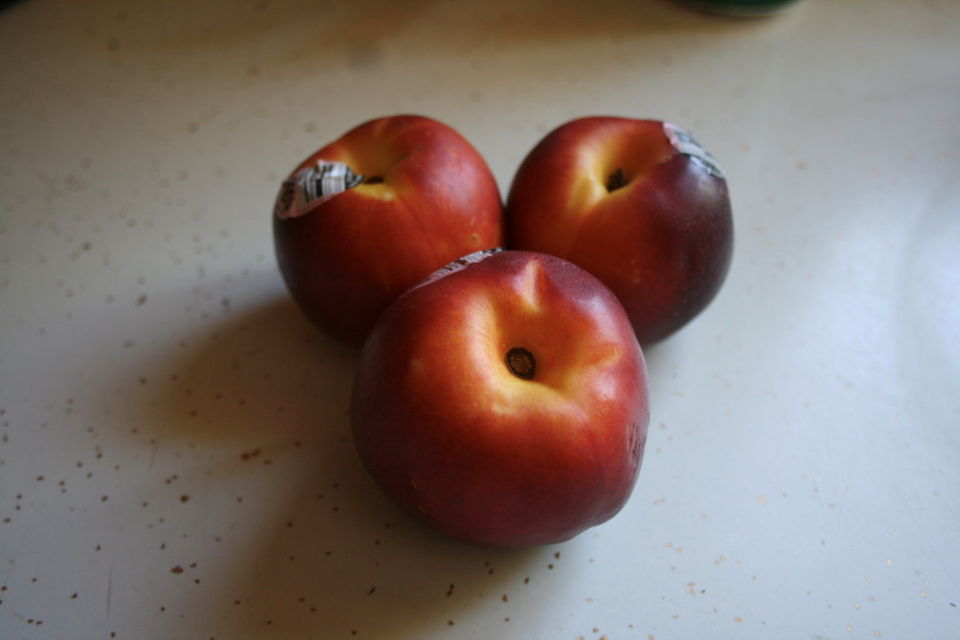MOOSE JAW — Canada has increased reliance on imported food since the start of this century.
A report by Farm Credit Canada economist Graeme Crosbie found reliance on imported food increased with Canada only producing 70 per cent of food consumed in 2015.
Locally produced food amounted to 80 per cent when this century dawned.
The reliance on imported fresh vegetables and fruits is declining.
The largest change in reliance on imports was nectarines to less than five per cent of use from 20 per cent.
Nectarine production has increased by 60 per cent in Canada but declining consumption was the biggest factor in reducing imports.
Canada imports four times as many potatoes as it consumes, almost four times as many nectarines, 3.5 times celery consumption.
Imports of broccoli, lettuce, asparagus, beans, brussels sprouts and cauliflower range between two and three times consumption.
Imported fruits such as apricots, blueberries, cherries and peaches are about twice consumption.
About half of our onions, apples and corn is imported.
Exports are greater than consumption in peppers, radishes, white potatoes, cranberries, cucumbers and mushrooms.
Exports of cucumbers are twice local consumption and mushroom exports equal local consumption.
Canadian production has declined 35 per cent in parsnips and turnips, 18 per cent in peaches and carrots, 16 per cent in corn.
Production has declined less than 10 per cent in beans, cauliflower, celery, cabbage and apples.
Ron Walter can be reached at [email protected]




